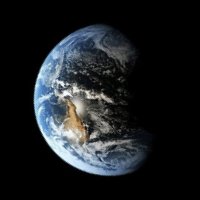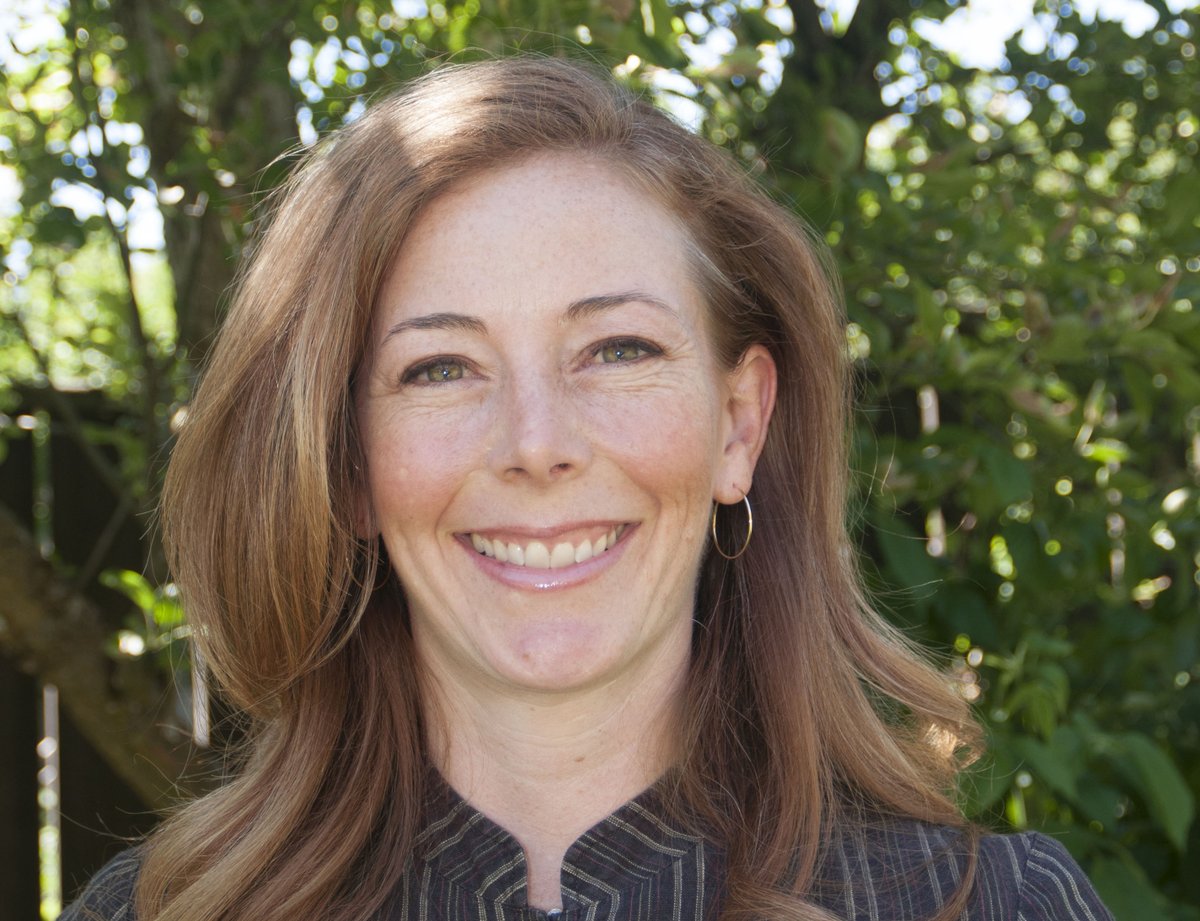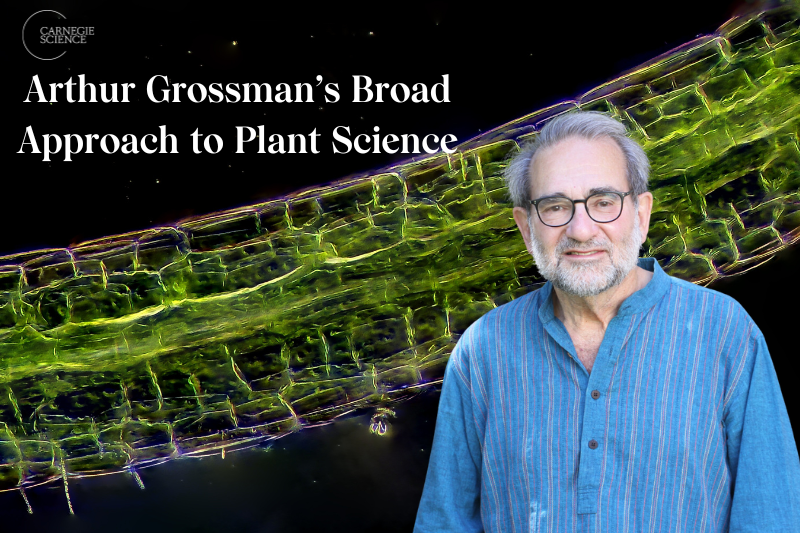
Carnegie Ecology
@carnegieecology
On the campus of Stanford University, DGE conducts research on the interactions among the earth's ecosystems, land, atmosphere, and oceans.
ID: 3519964700
http://dge.stanford.edu/ 10-09-2015 22:15:59
3,3K Tweet
1,1K Followers
554 Following

Meet Zhou Liang, a postdoc joining Emily Zakem lab. Zhou earned his PhD in Chemical Oceanography 🌊from @floridastate and studies how nutrients and organic matter interact with marine microbes, using lab and modeling to map ocean productivity. Welcome, Zhou!👋


The world’s lakes are freezing over for shorter periods due to climate change. This has major implications for human safety, as well as water quality, biodiversity & global nutrient cycles, according to a new review led by Carnegie Science’s Stephanie Hampton. carnegiescience.edu/news/loss-lake…




Shorter ice duration and warmer temperatures put lakes at greater risk for water quality impairments, have implications for lake biodiversity, and affect the global carbon and water cycles, among other concerns, say Stephanie Hampton and her co-authors.


“Looking ahead, we need to invest in a deeper understanding of the crucial roles that lake ice plays in the health of our planet and in the communities that depend on these bodies of water,” Stephanie Hampton concludes.


.Stephanie Hampton is at the forefront of advancing safe research protocols in ice conditions. Earlier this year, she and her collaborators hosted “winter school” in Wisconsin, where early career researchers were trained in how to safely take samples from iced-over bodies of water.








